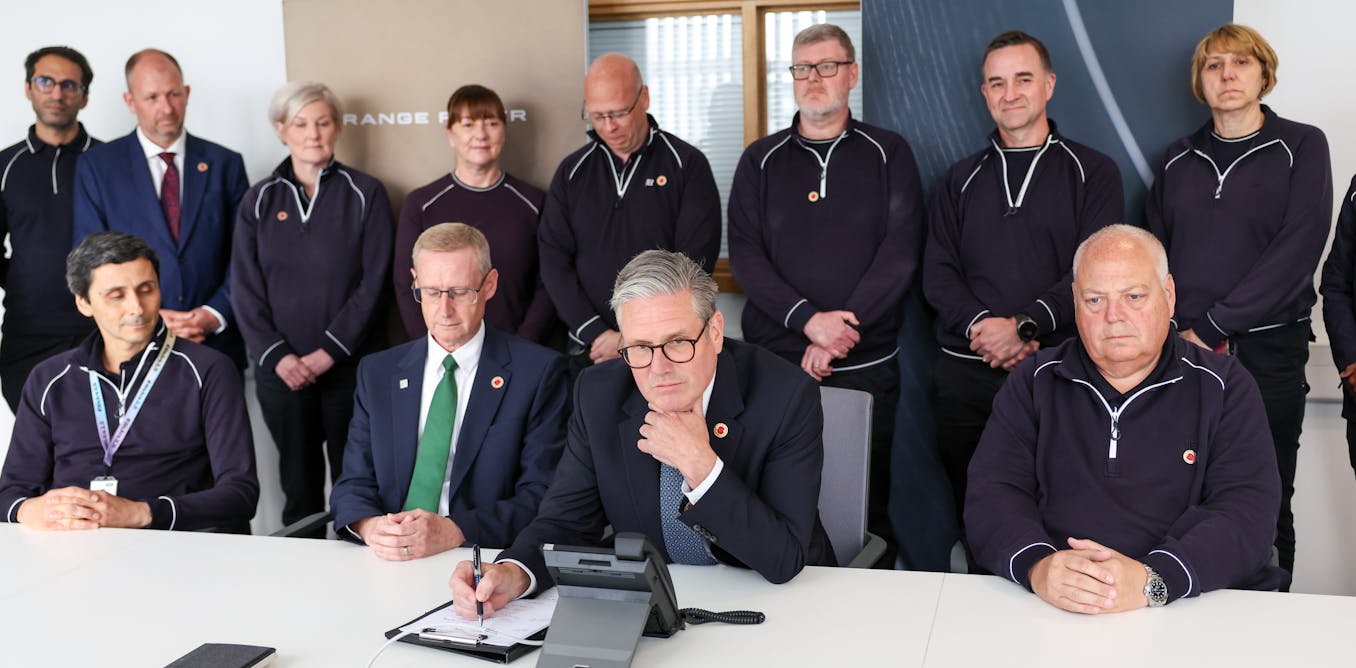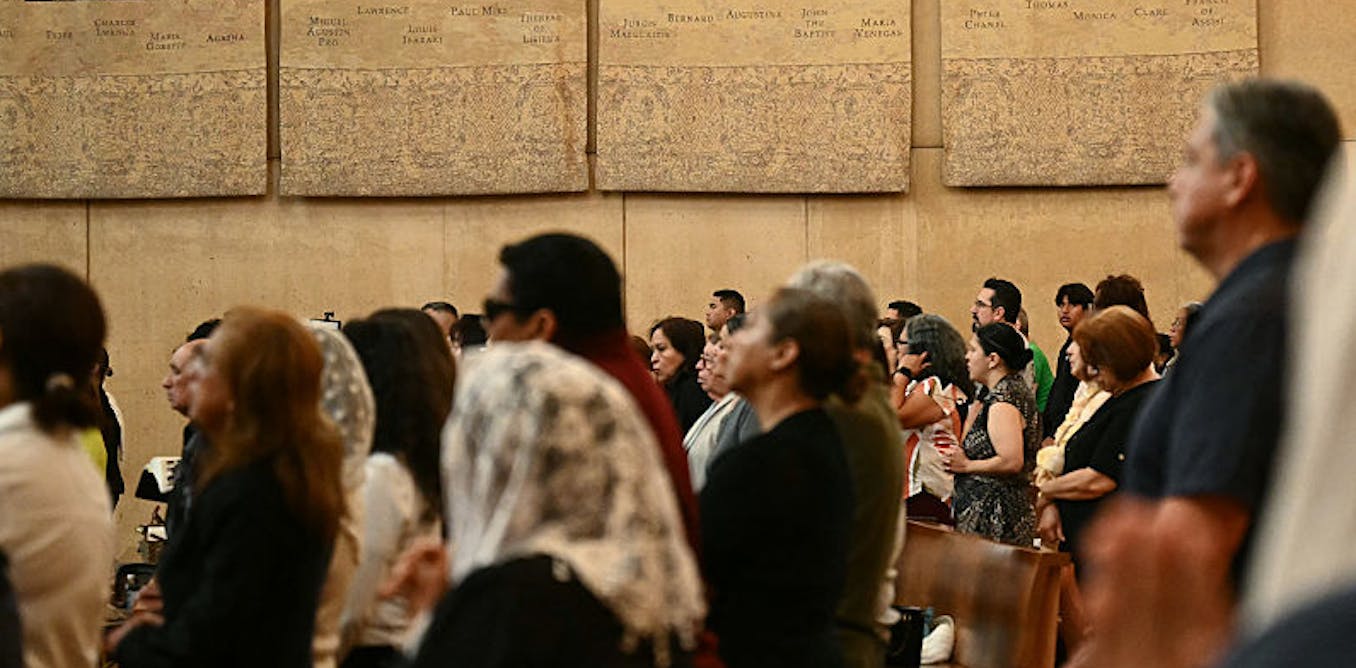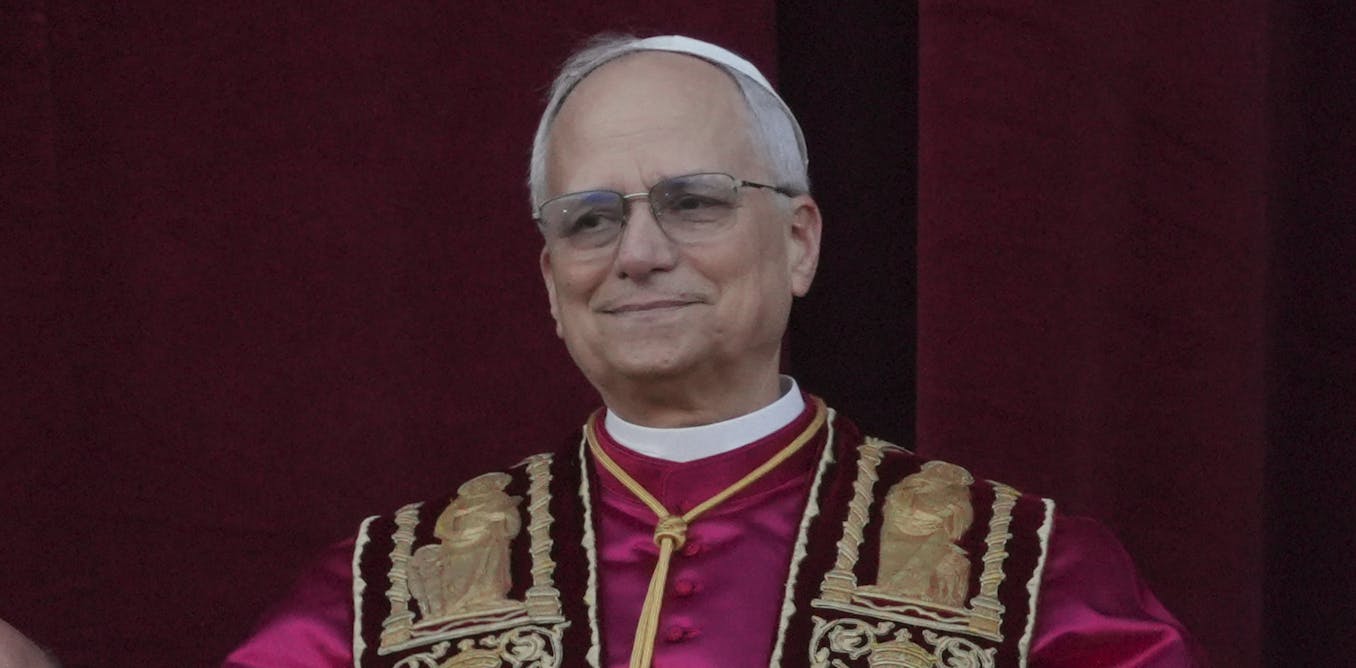Now Reading: Donald Trump has reduced tariffs on British metals and cars, but how important is this trade deal? Experts react
-
01
Donald Trump has reduced tariffs on British metals and cars, but how important is this trade deal? Experts react
Donald Trump has reduced tariffs on British metals and cars, but how important is this trade deal? Experts react

The US president described it as a significant event, while the UK prime minister hailed it as a fantastic and historic day. Keir Starmer and his team were surely pleased that the UK was the first to negotiate changes to Donald Trump’s wide-ranging tariffs announced just a few weeks ago on “liberation day”. But what does the trade deal between the UK and US actually entail? We asked four economic experts to share their thoughts on the Oval Office announcement.
The benefits for the UK are tangible but limited, according to Maha Rafi Atal, an Adam Smith Senior Lecturer in Political Economy at the University of Glasgow. The trade announcement is viewed as more of a cautious balancing act rather than a breakthrough, with partial, tactical, and politically calculated elements. While tariffs on British metals and autos have been eased, they are not completely eliminated. Agriculture and technology remain contentious points, with market access granted to US agricultural products like beef but without compromising food safety standards. The UK retains its digital services tax on US tech giants, a significant win in the agreement.
David Collins, a Professor of International Economic Law at City St George’s, University of London, sees the deal as a positive step that could help restore the UK-US trade relationship. The removal of tariffs on UK steel and aluminium, as well as a reduction in car export tariffs, are highlighted as key outcomes. More details are expected to emerge, potentially addressing issues like restrictions on the film industry and the digital services tax.
Conor O’Kane, a Senior Lecturer in Economics at the University of Bournemouth, emphasizes that the announcement sets the stage for a trade deal rather than finalizing one. While symbolic, the deal may not have a substantial impact on the countries’ structural deficits or growth forecasts. The agreement is seen as a political move for both sides, providing a positive narrative for the US administration and a boost for the UK government after recent electoral setbacks.
Sangeeta Khorana, a Professor of International Trade Policy at Aston University, views the agreement as a tactical win that eases trade tensions and supports key industries without jeopardizing the UK’s ties with the EU. The sector-specific deal preserves UK standards and aligns with the country’s strategic partnership with the US, setting the stage for further negotiations on various economic aspects.
Overall, the trade deal between the UK and US is seen as a significant development with both benefits and limitations, paving the way for future discussions and collaborations between the two nations.






